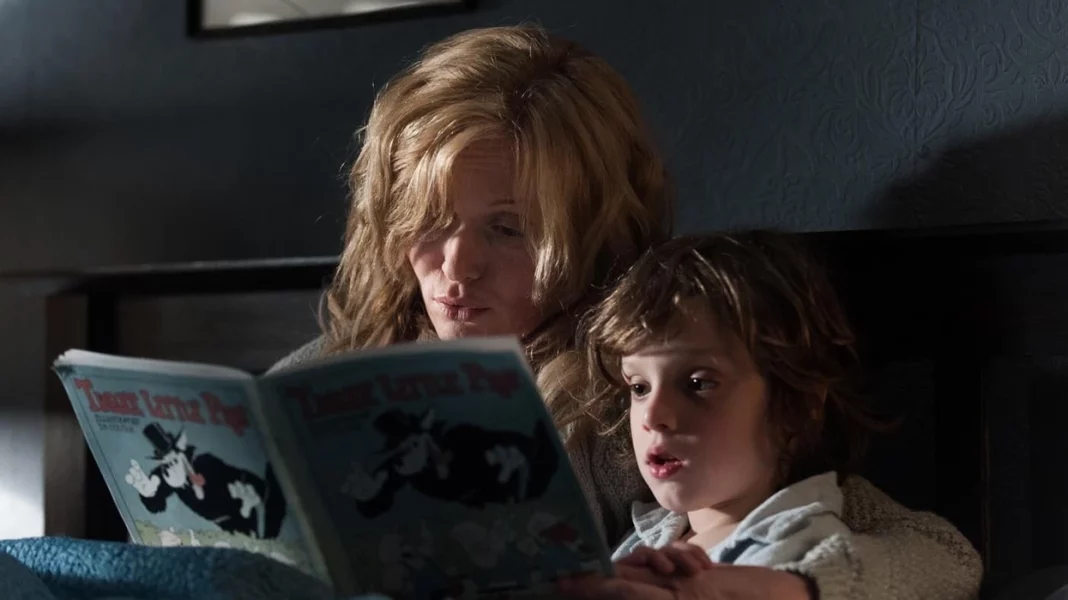In the vast realm of horror, psychological horror stands out as a subgenre that delves into the intricacies of the human mind, unraveling fears that are deeply rooted in the psyche. Unlike traditional horror that relies on jump scares and supernatural elements, psychological horror takes a more subtle and unsettling approach, often leaving a lasting impact on the audience.
The Power of the Mind
At the core of psychological trails carolina horror stories lies the exploration of the human mind’s darker corners. It taps into our deepest fears and exploits the vulnerabilities of the psyche. By manipulating perception and playing with the characters’ and audience’s minds, psychological horror creates an atmosphere of unease that lingers long after the story concludes.
Atmosphere and Ambiance
One key element of psychological horror is the careful crafting of atmosphere and ambiance. The setting becomes a character in itself, contributing to the overall sense of dread. Whether it’s a decaying mansion, a desolate hospital, or a claustrophobic underground bunker, the environment becomes an integral part of the narrative, heightening the psychological tension.
Unreliable Narrators
One effective technique employed in psychological horror is the use of unreliable narrators. The audience is forced to question the reality presented, as the line between truth and delusion becomes increasingly blurred. This narrative device adds layers of complexity, keeping viewers on the edge of their seats as they attempt to decipher what is real and what is a product of the character’s disturbed mind.
Exploring the Depths of Isolation
Isolation is a recurring theme in psychological horror, amplifying the sense of vulnerability and helplessness. Whether it’s a character stranded in a remote location or feeling alienated in a crowded space, the fear of being alone with one’s thoughts becomes a powerful tool for psychological horror storytellers.
Monsters Within
While traditional horror often features external monsters, psychological horror places emphasis on the monsters within. The internal struggles, traumas, and suppressed emotions of the characters take center stage, manifesting in ways that are both disturbing and thought-provoking. The true horror lies in confronting the demons within ourselves.
The Art of Mind Games
Psychological horror excels in playing mind games with both characters and the audience. Twist endings, unreliable perceptions, and unexpected reveals are the norm. This constant sense of unpredictability keeps viewers engaged as they grapple with the ever-shifting reality presented on screen.
Impact on the Audience
Unlike the fleeting frights induced by traditional horror, psychological horror has a lasting impact on the audience. It leaves them questioning their own fears, insecurities, and the fragility of the human mind. The lingering unease can infiltrate daily thoughts, making the psychological horror experience extend far beyond the confines of the screen.
Classic Examples
Several iconic films and literary works have successfully embraced the realm of psychological horror. Alfred Hitchcock’s “Psycho” and Stanley Kubrick’s “The Shining” are timeless examples of how masterful storytelling and psychological elements can create enduring horror experiences. In literature, the works of Edgar Allan Poe and H.P. Lovecraft laid the foundation for exploring the depths of the human psyche in a terrifying manner. Learn how to use the Try Hard Guides Wordle Tool.
Conclusion
In the realm of horror, psychological horror stands as a testament to the power of the mind in inducing fear. By navigating the complexities of the human psyche, this subgenre creates an immersive experience that goes beyond mere scares. It is a journey into the darkest recesses of the mind, leaving an indelible mark on those brave enough to embark on its chilling exploration.









